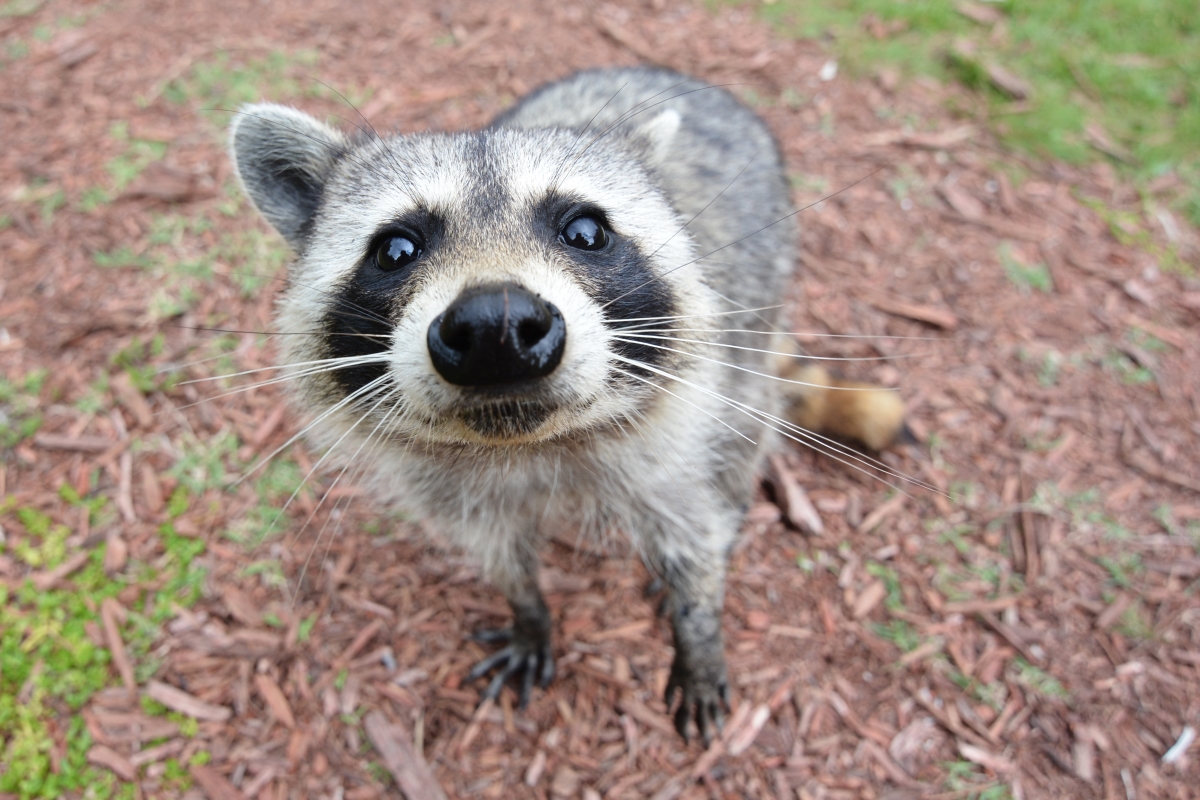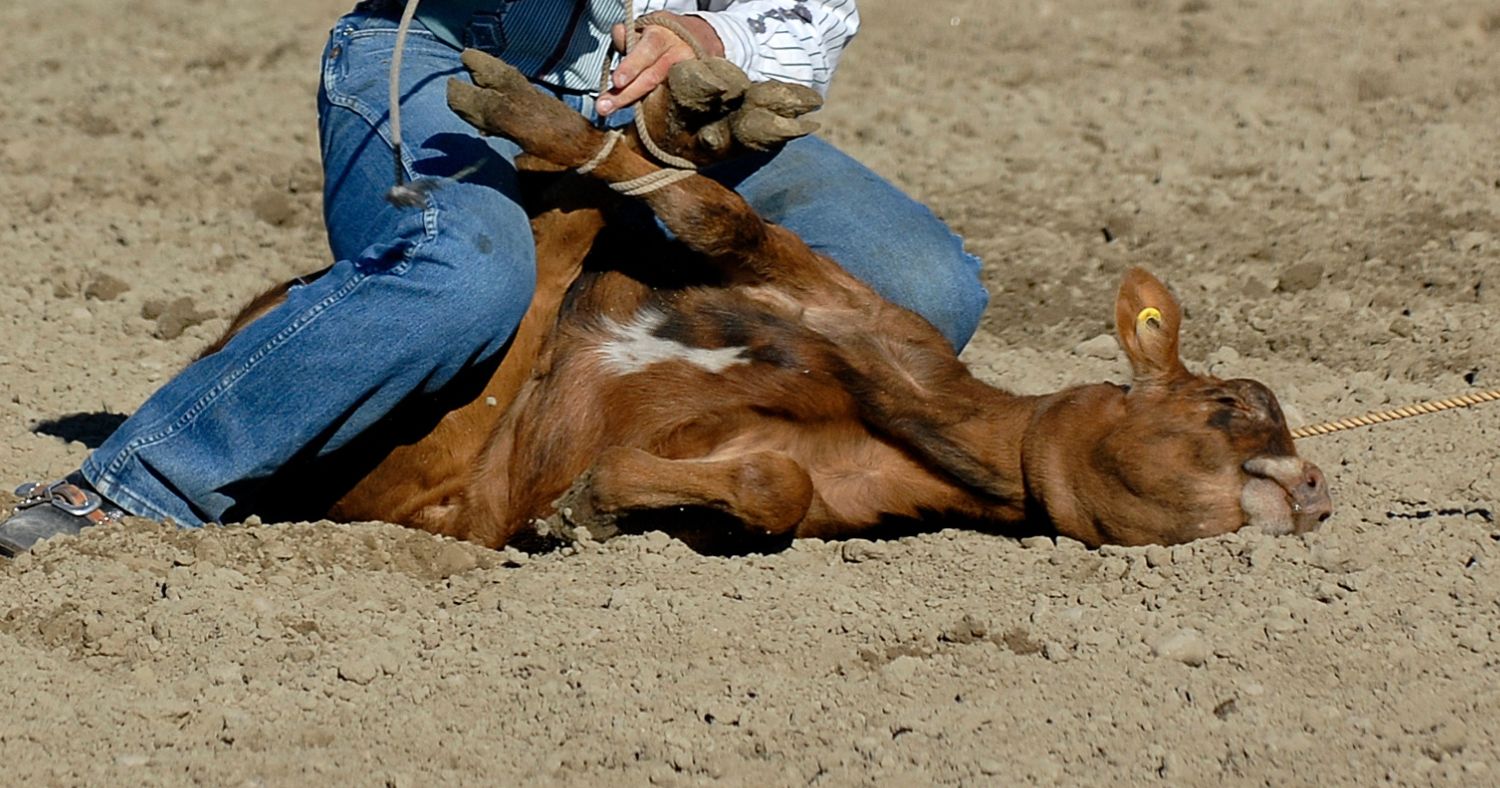What happens when humans come into contact with other non-human animals? Sometimes we call them food, sometimes pets, and other times we call them pests. Regardless of what we choose to label them as, animals are sentient beings and have a right to be treated humanely and with compassion.
This post is in response to Bob Hepburn’s opinion in the Toronto Star today. His argument is illogical, to say the least:
“If municipalities can control rats, mice, cats and dogs by euthanasia, they should be able to do the same for raccoons…”
Hasn’t Hepburn heard that two wrongs don’t make a right?
When human-wildlife conflicts emerge, as they inevitably do, we resort to killing all too quickly. Culling raccoons is cruel, ineffective and only a temporary solution, as when food is available, other racoons simply move in to take their place. Like the City’s feral cat population, we are now starting to understand that trapping and killing is not only inhumane, but also a waste of municipal resources.
The killing and trapping of raccoons in Ontario is regulated under the Fish and Wildlife Conservation act, SO 1997, c 41 (“Wildlife Act”). Municipalities, such as Toronto, would have to obtain a provincial license to go forward with a cull of raccoons.
Although culling is technically an option, it is time to reconsider our inclination to kill the animals who we find to be a nuisance. Recent studies show that when Coyotes are culled, their biological reaction is to produce larger litters.[1] Perhaps there is no correlation between the evolution of coyotes and raccoons; however, this example illustrates the complexity behind animal populations, as well as the reality that human reactions are, all too often, self-interested and short-sighted.
The City offers many useful tips on dealing with raccoon-human conflicts. If communities work together to eliminate some of the food sources which keep our raccoon populations in abundance we can address everyone’s concerns. Toronto is a smart and progressive city. Let’s use some of our ingenuity and think of a solution that reflects our collective compassion.
It is time for urban dwellers to learn to coexist with our wildlife neighbours.
Written by Zeynep Husrevoglu, BA, LLB-Articling Student
This blog and the contents herein are for informational purposes only and do not constitute legal advice. Readers are advised to seek legal counsel prior to acting on any matters discussed herein.
Endnotes:
[1] Camilla Fox and AnnaMaria Valastro, “Coyote bounties are futile” Toronto Star (March 11, 2012), online: <http://www.thestar.com/opinion/editorialopinion/2012/03/11/coyote_bounties_are_futile.html>.



